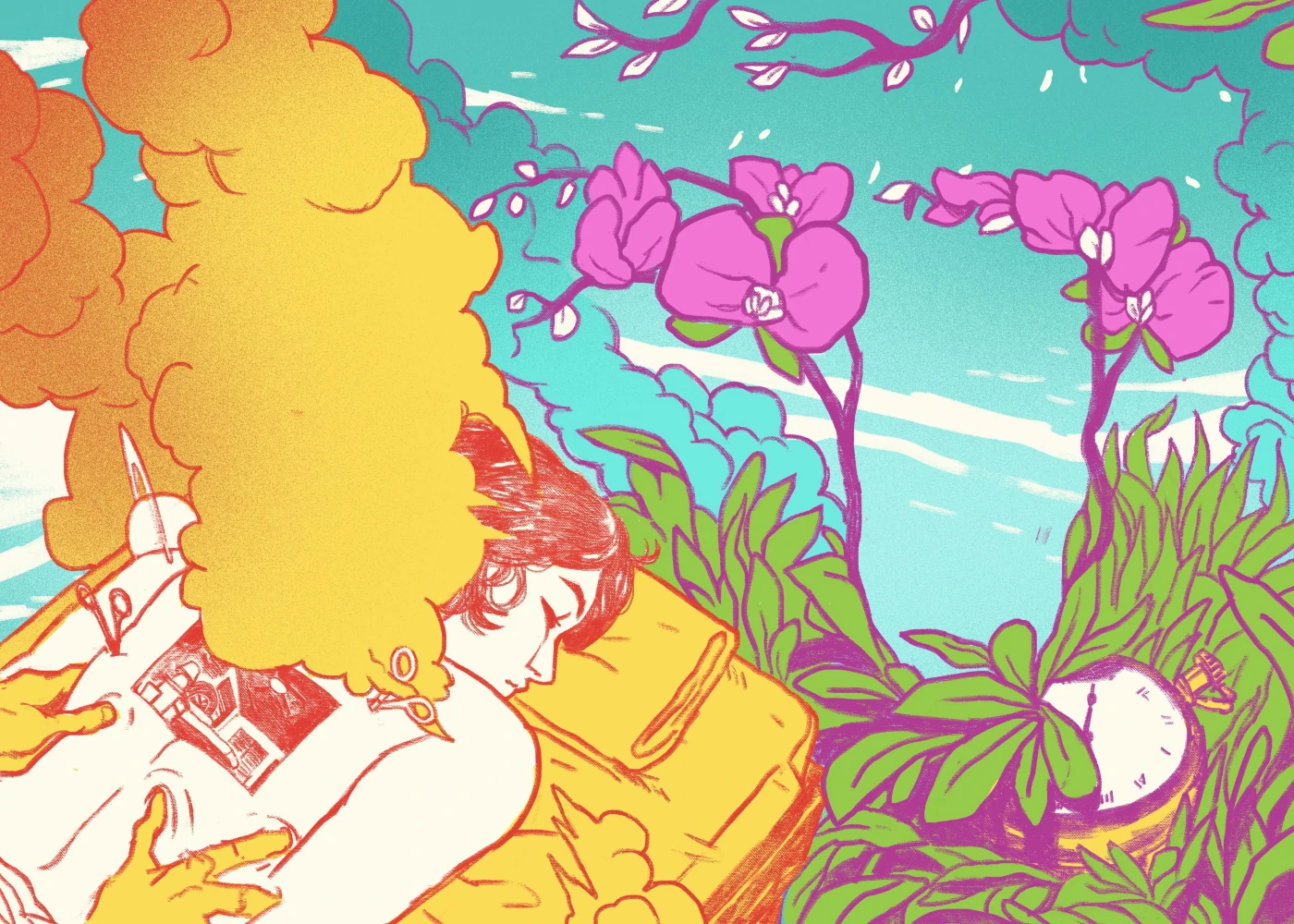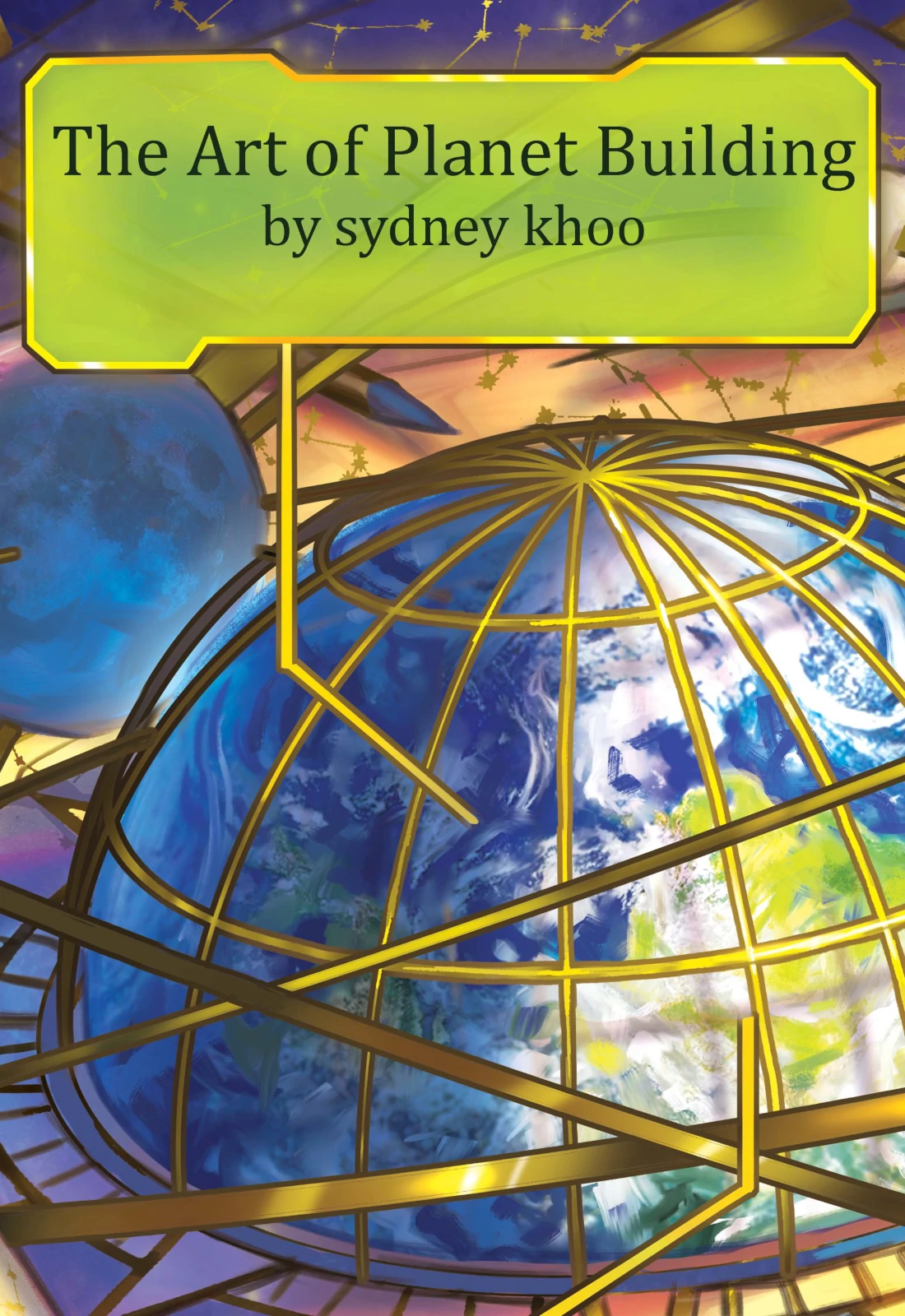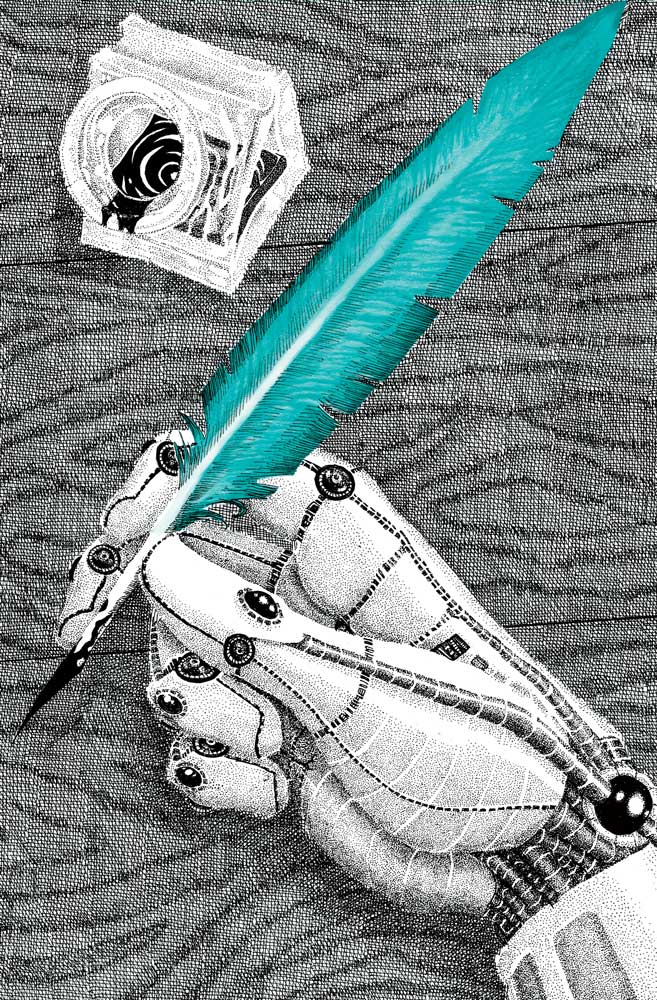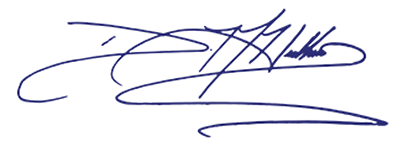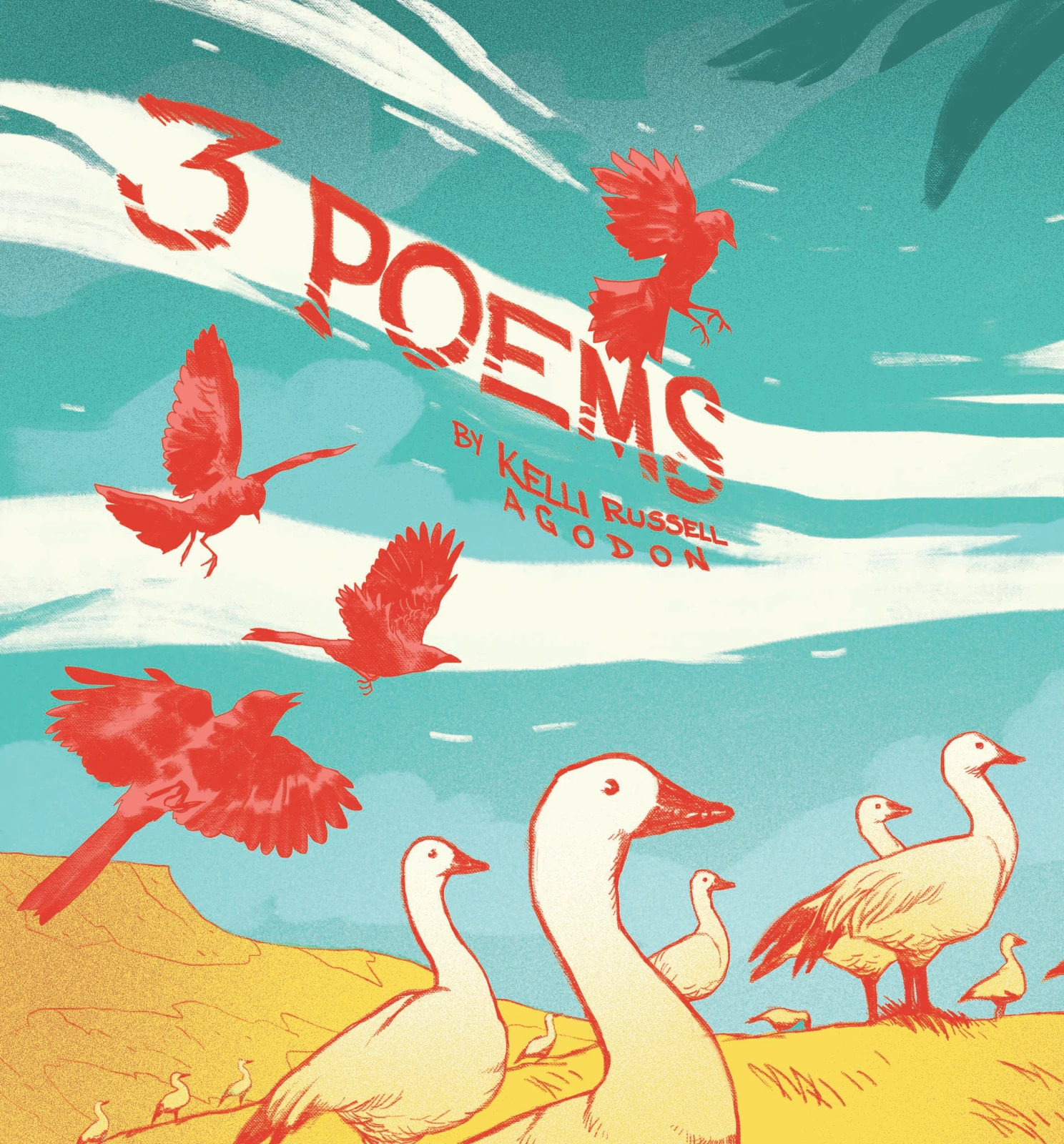
Three Poems
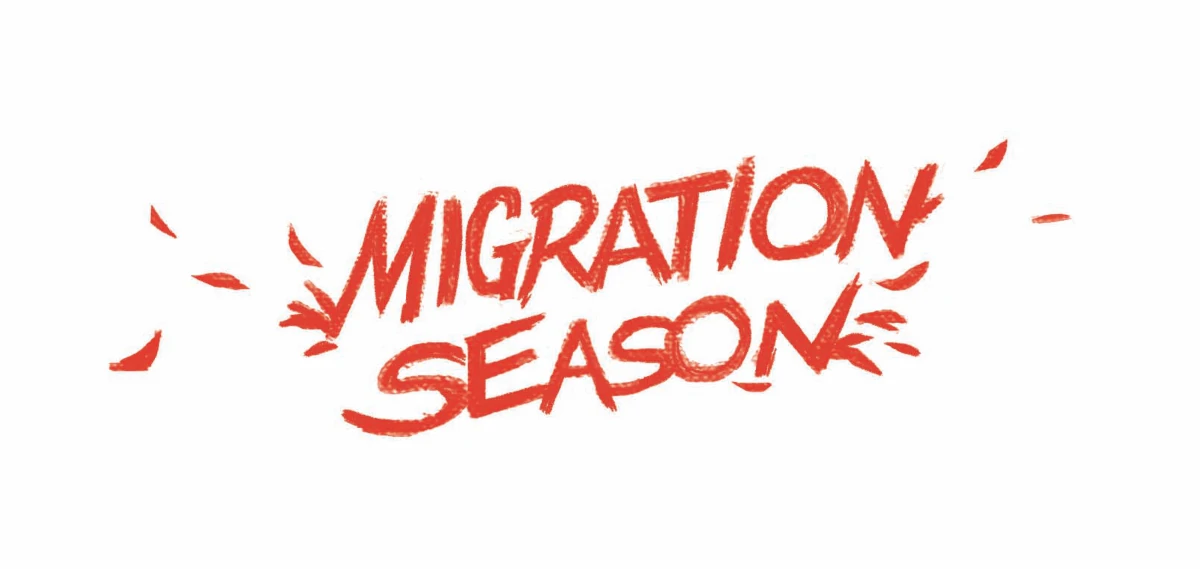
It never rains inside the hospital,
but the families of patients are like snow geese
in a flooded field. In one forest,
a kingfisher dying. Do ravens still guard
our kingdom? I don’t remember
much except how the nurse was a mockingbird
and the doctor kept trying to rebuild
the nest. Where did I fly to
when the doctor said, Your father
has an unrecognizable word, morphine,
unrecognizable word, his blood pressure
is a flooded field, his blood pressure is sinking.
Yes, it is raining, unrecognizable word,
unrecognizable word. He won’t be coming home.
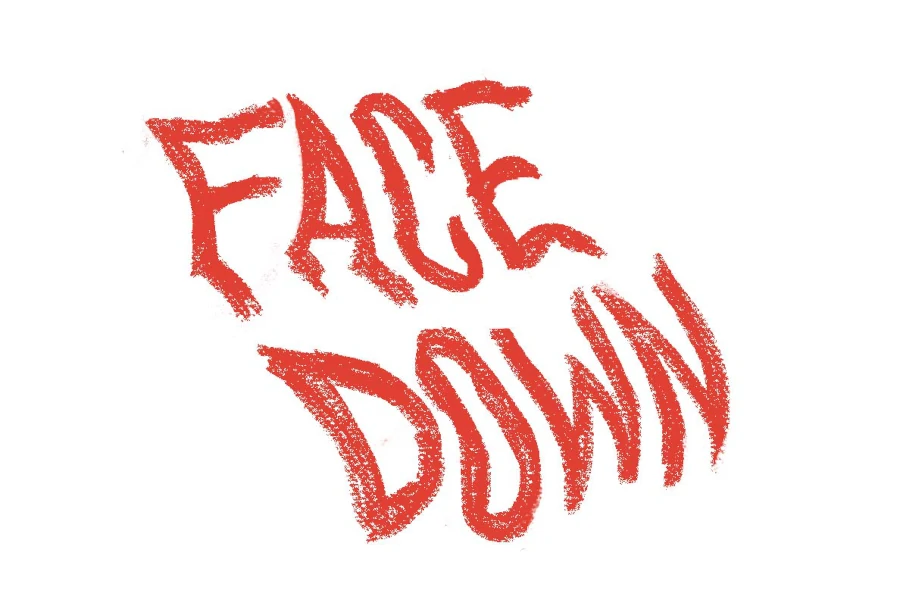
The man working on my back says,
I’m concerned with your relationship to pain,
he’s joking, his elbow baring
down on some back bedroom in the house
of my spine. He asks how it feels.
I say, It’s a good hurt. But harder.
Deeper. He presses a star in an upper
galaxy and the heat of an astronomical object
dies in my shoulder blade. He tells me
he can trace the curve of what I’m made of,
I ask him to get under my wingspan,
press deep into the part of me that aches.
Classical music plays in the background,
I remember the violinist who left me
in high school after a friend slid his hands
inside me though I said no.
How can we repair another lifetime?
How can we break away from what we hold?
There are certain times in my life
I can see the threads in the fabric that hold me
together. I want the scissors out
of the equation, but when I cut myself
from the garment, I love the sound
of slice, the release. The man working on
my back moves his thumb slowly down
the edge of my vertebrae, says,
We can heal this. It doesn’t have to hurt
to be good.

I don’t have to remind you
of my sorrow, my father’s pocketwatch
found in a mist of dust,
still working the graveyard
shift. Now there’s time to tend the orchids
in the morning until death enters
the greenhouse to say if
she had lived, I wouldn’t be
here—one life leaves and
another arrives to replace it.
I don’t have to remind you,
my father’s diary was made of seeds
and suicides, postage stamps and wheat
pennies, time disguised as blossoms,
an open wound, blinkworthy, how quick
the watering can become a riptide.
Sometimes I remind you to choose
a card as if we’re cutting heartache
in half and putting it back together,
we’re here, dovelike and uncaged,
a ghost holding the door open
to the disappearing box and yet,
the ticking of the pocketwatch
without being wound, in these days
any magic will do.
